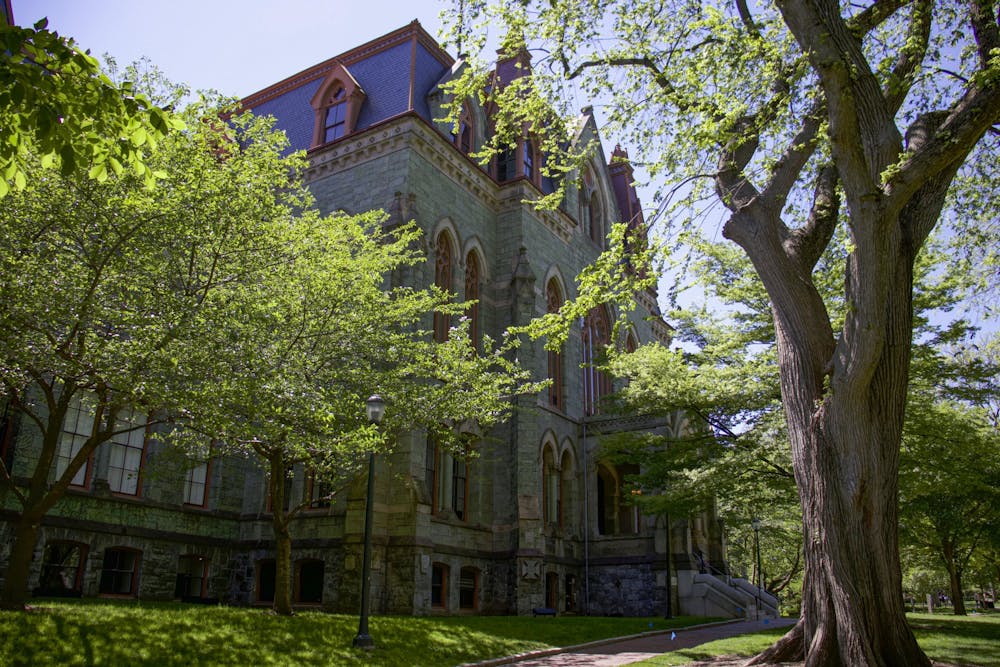The University of Pennsylvania saw one of the largest rises in costs of attendance nationwide since the pandemic, according to the Philadelphia Business Journal.
Last March, the Penn Board of Trustees agreed to increase tuition to $81,340 in the 2022-23 school year, up 2.9% from $79,014 in the 2021-22 school year. With the addition of indirect costs such as books and transportation, Penn estimated that the total cost of attendance for students living on campus will be $85,738.
According to data provided by the United States Department of Education, Penn ranked as the third most expensive college to attend in the nation. The University of Chicago and Northwestern University — which recorded $84,126 and $83,838 in sticker prices, respectively — took first and second place.
Penn approved a $288 million financial aid budget — increasing it by 11.1% — alongside the cost increase.
“This year, our aid budget is growing at a rate triple that of charges, ensuring that we are able to fulfill our commitment to meet a student’s demonstrated need each year, even as costs increase,” Senior Executive Vice President Craig Carnaroli told Penn Today in March.
Just over half of undergraduate students have to pay full price to attend Penn. According to Penn Today, 44% of students received financial aid in the 2021-22 school year — down from 45% in the previous year. Students receive an average of $60,506 in their packages, which covers approximately 73% of tuition.
Penn is not the only university to raise costs for the 2022-23 year. Among 1,694 degree-granting four-year colleges, 74% of them increased their cost of attendance in the last academic year. Penn’s cost increase was lower than some Ivy League institutions, such as Harvard University, which increased its charges by 3%, and Yale University, which increased theirs by 3.8%.








